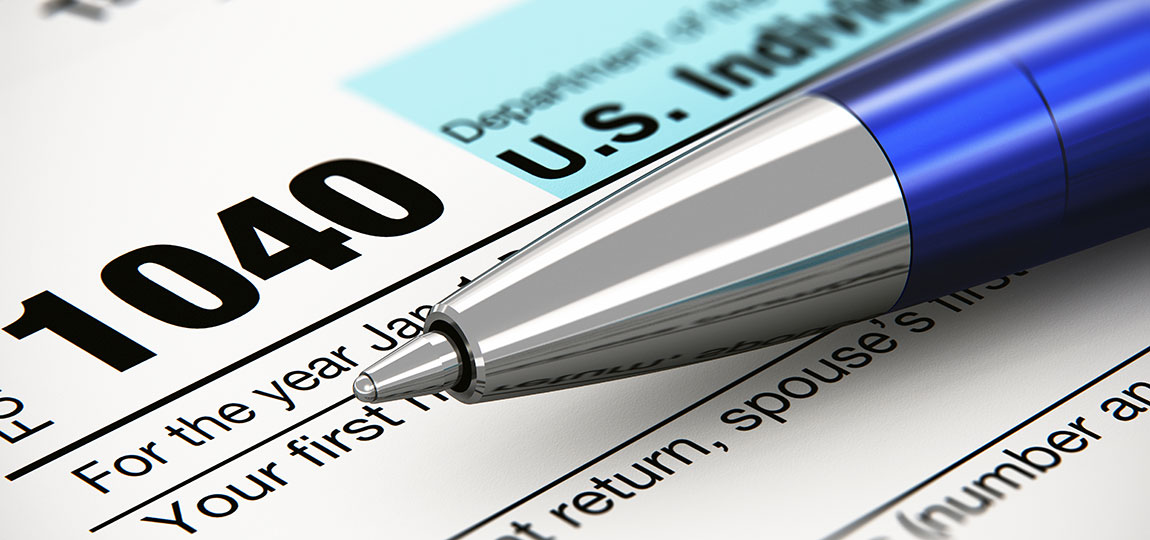Did you know that if you haven’t filed your tax return yet, a criminal could beat you to it? This type of crime is becoming more widespread every year. But luckily, there are some tax tips you can follow to help protect your return from these unscrupulous criminals.
Because the Internal Revenue Service only accepts one tax return per Social Security number, the sooner you file your return, the less likely you are to have a thief snatch up your rightful refund.
In additional to filing as early as possible, it’s important to do everything you can to shield your personal information from potential criminals. If they can’t get their hands on your Social Security number, they can’t file a return in your name. Here are some general recommendations to keep in mind:
-
Ensure that your computer and mobile devices have the latest web browsers, and security software installed. This is your best line of defense in protecting the contents of your device, and the information you share online.
-
Always use a secure internet connection when you submit or transfer sensitive information online. You can tell that a website is secure by checking for a URL that begins with “https://”, and a padlock symbol alongside the URL in the address bar of your internet browser.
-
Remember to shred paper documents that contain sensitive information, instead of just tossing them in the garbage. These types of documents could include drafts of your tax returns, copies of your W-2 forms, pay stubs, medical bills, or credit card and bank account statements.
-
Don’t give out your Social Security number unless absolutely necessary. And don’t carry your Social Security card in your wallet or store the number on your computer or cell phone.
-
Do your homework before hiring a tax preparer. Make sure you can trust them with your personal information. And ensure that they sign your return with their IRS Preparer Identification Number. The tax preparer identification system was developed as an added layer of protection against tax fraud.
-
Don’t use public wireless networks (such as those in coffee shops and restaurants) to work on your tax return or file it. Cyber crooks can intercept internet connections on these unsecure networks and gain access to your information.
-
Use strong, complex passwords for all of your online accounts, especially your online tax e-filing account, if you have one.
-
Consider using a USB memory stick or external hard drive to store sensitive tax data that you need to prepare your return. This will lessen the chance of cyber crooks stealing the information directly from your computer. The external drive or stick also serves as a backup should you encounter a crash or other problem with your computer.
-
Be aware that the IRS will never email or call you concerning tax issues or any back taxes you may owe. If the IRS needs to contact you regarding a tax matter, they will do so via regular postal mail. So, if you receive an email or phone call from someone who says they are from the IRS, odds are that they’re an imposter looking to steal your personal information. Never provide them with your bank account credentials, or your credit and debit card information, and never wire them money – you’ll never get it back.
It’s a shame that there are so many criminals out there looking to get their hands on your hard-earned tax refund, but armed with these tax tips, you should stand a much better chance of protecting yourself this tax season.
